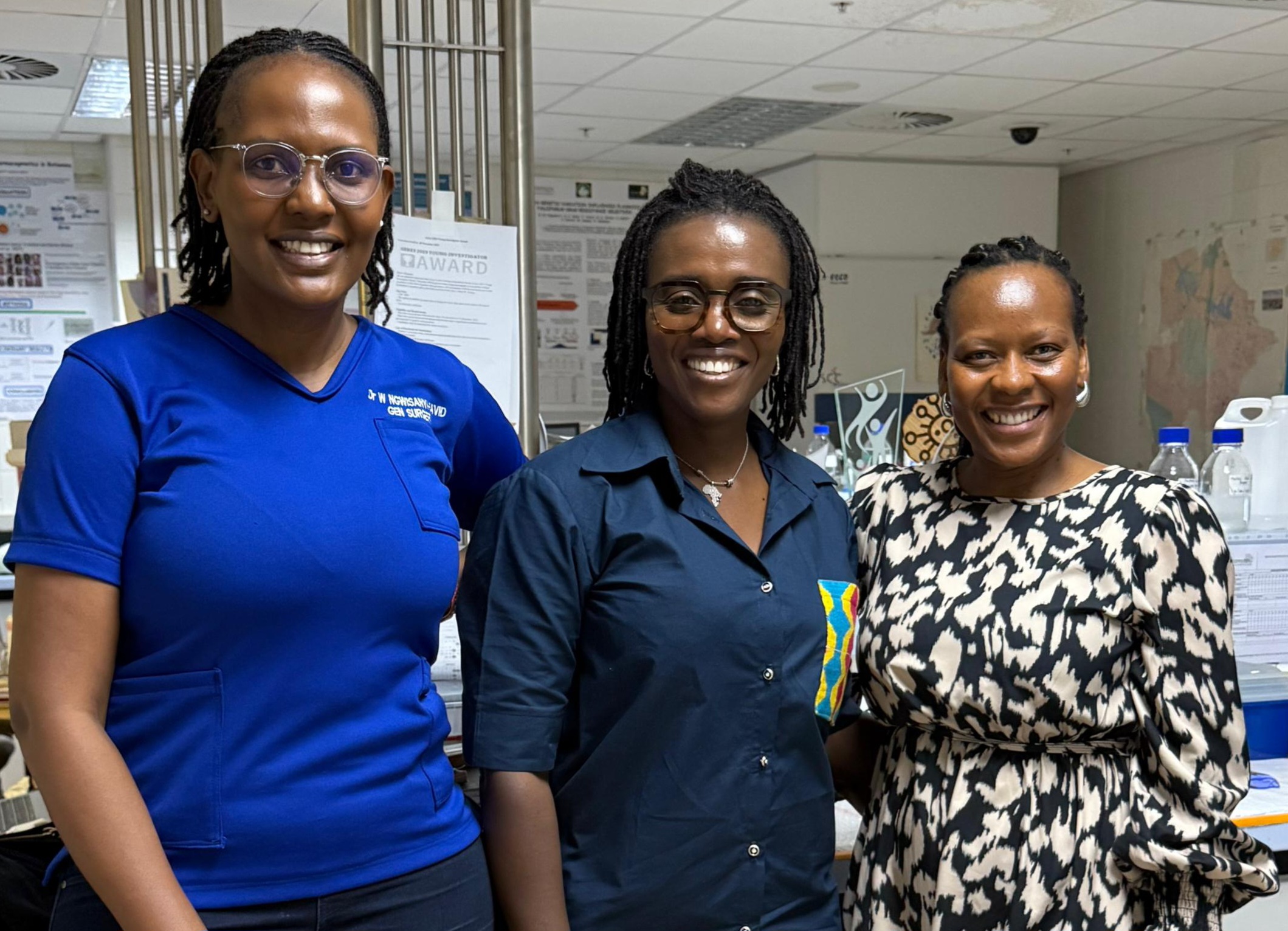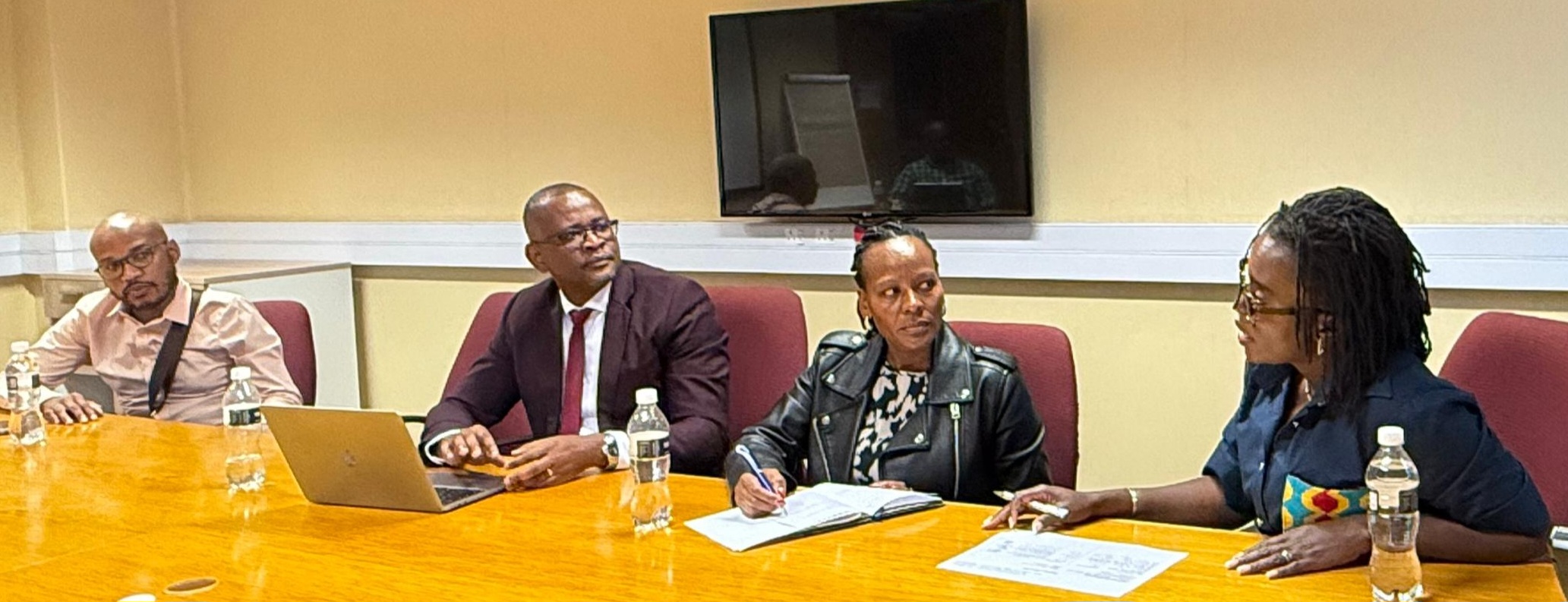UB, SKMTH & PMH Strengthen Ties with Dr Evelyn Jiagge to Advance Breast Cancer Research in Botswana
 The University of Botswana (UB), in partnership with the Sir Ketumile Masire Teaching Hospital (SKMTH) and Princess Marina Hospital (PMH), on the 4th of November 2025, hosted renowned breast cancer researcher Dr Evelyn Jiagge as part of efforts to strengthen collaborative research initiatives. The visit was aimed at advancing partnerships focused on improving breast cancer diagnosis and treatment outcomes for women in Botswana.
The University of Botswana (UB), in partnership with the Sir Ketumile Masire Teaching Hospital (SKMTH) and Princess Marina Hospital (PMH), on the 4th of November 2025, hosted renowned breast cancer researcher Dr Evelyn Jiagge as part of efforts to strengthen collaborative research initiatives. The visit was aimed at advancing partnerships focused on improving breast cancer diagnosis and treatment outcomes for women in Botswana.
Dr Jiagge is an Assistant Professor and Head of the Breast Cancer Research Programme at the Henry Ford Cancer Institute in Detroit, United States of America. She also serves as the Director of Precision Medicine for Aggressive Breast Cancers, leading an international collaboration with nine (9) African institutions dedicated to addressing aggressive breast cancers among women of African ancestry.
The engagement brought together a multidisciplinary research team from UB and PMH to discuss the implementation of a pilot project titled “Genetic and Molecular Determinants of Breast Cancer: Disparities among African, African American and White American Populations.” The research study is a joint collaboration between the Henry Ford Cancer Institute (Henry Ford Health System), USA and the University of Botswana, under the leadership of Dr Keitumetse Masisi from the Faculty of Health Sciences, who serves as the local Principal Investigator.
UB Faculty of Health Sciences School of Allied Health Professions Senior Lecturer, Dr Keitumetse Masisi, said Dr Jiagge’s visit marked a significant milestone in strengthening research partnerships between Botswana’s leading academic and clinical institutions and international experts in oncology.
She noted that the discussions emphasised the importance of building sustainable research capacity, fostering knowledge exchange and developing context-specific solutions to address the growing burden of breast cancer in Botswana.
She highlighted that the engagement reflected a shared commitment to advancing women’s health through innovation, evidence-based practice and global collaboration, aligning with Botswana’s broader vision of improving cancer care and research excellence.
In addition, Dr Masis emphasised that the study sought to improve breast cancer outcomes by examining the genetic and molecular factors influencing the disease across diverse populations. She further stated that it aimed to bridge critical knowledge gaps in understanding the pathogenesis, tumour biology and management of different breast cancer subtypes among women in Botswana. She added that in the long run, the research hoped to identify biomarkers that could help screen patients predisposed to breast cancer and potentially serve as new drug targets.
molecular factors influencing the disease across diverse populations. She further stated that it aimed to bridge critical knowledge gaps in understanding the pathogenesis, tumour biology and management of different breast cancer subtypes among women in Botswana. She added that in the long run, the research hoped to identify biomarkers that could help screen patients predisposed to breast cancer and potentially serve as new drug targets.